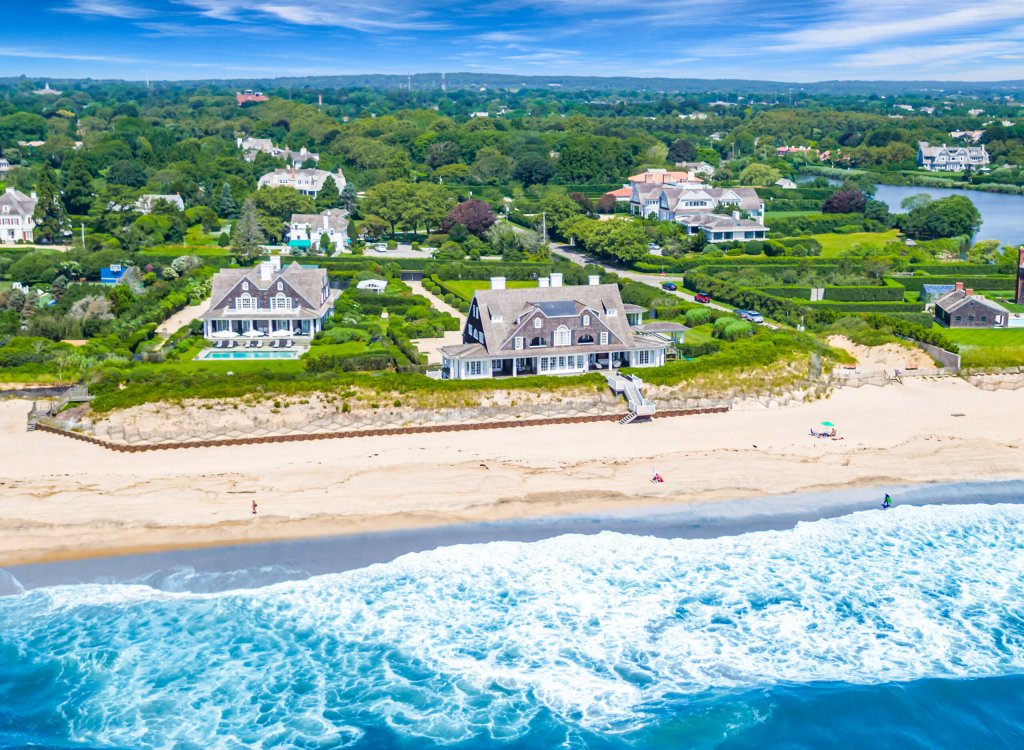Accessory Apartments On The Table

Southampton Town leaders have been talking about the need to provide more affordable housing for years. On Thursday, June 7, as the town board took its first look at legislation that would ease restrictions on affordable accessory apartments, especially in areas with higher real estate values, board members learned it could be a little more difficult than they at first thought.
“The thing we all agree on is we have a crisis,” said Supervisor Jay Schneiderman, who made increasing the number of affordable accessory apartments a priority shortly after taking office in 2016. “There is this clock ticking, and as that clock ticks, more people are leaving our community.”
A law currently on the books allows property owners who have at least three-quarters of an acre to apply for an accessory apartment through a permitting process. In the 18 years that law has been in effect, only 352 accessory apartments have been created — and those apartments are not subject to any price controls, town Planning and Land Use Administrator Kyle Collins told the board.
Under a new proposal that was presented by Assistant Town Attorney Kara Bak and Housing and Community Development Director Diana Weir, the town would allow properties as small as 15,000 square feet to be eligible for an accessory apartment with the caveat that landlords would have to enroll them in the town’s affordable housing program and cap rents based on federal guidelines.
The restrictions would only be eased in hamlets where the median home price was higher than the townwide median price.
That element of the law immediately drew the objection of Councilwoman Christine Scalera, the sole Republican on the board, who questioned whether limiting affordable rentals to only those areas with higher property values would violate federal fair housing standards.
Although Bak said the legislation was aiming to promote affordable housing in the eastern half of town, where it is needed the most, Scalera asked, “Can you do that in a constitutional way?”
Scalera said she was also concerned that easing the lot-size restriction for accessory apartments could open the door to a flood of applications because, she said, it could make up to 9000 lots in town eligible. “It’s a truly significant increase in density, a downzoning,” she said.
She also questioned how the town, which she said already has problems enforcing the code, would be able to keep up with the new demand on its resources.
When Scalera suggested that Hampton Bays is “already overrun” by illegal apartments, Councilman Tommy John Schiavoni accused her of exaggerating. “Watch your rhetoric,” he said.
Although Schiavoni said he had some concerns with the impact of accessory apartments on neighbors, and suggested the town might want to create a review board to oversee the permitting practice, he said there was a clear need for more affordable housing. “Let’s not let perfect get in the way of good,” he said.
The supervisor also disagreed with Scalera’s take, arguing that her figures were “grossly inflated,” although she stood by her numbers. He also disputed her contention that the law would violate fair housing standards, arguing that it is intended to target an imbalance that currently has most of the town’s affordable housing concentrated west of the Shinnecock Canal.
The proposed law could be amended, Schneiderman added, to limit the number of permits that could be given in any year to 25 or 50. If the town board didn’t like the way the program was working, it could simply refuse to issue more permits,” he said.
Councilwoman Julie Lofstad said even though the current law would not include Hampton Bays there may be people living in that hamlet who might want to take advantage of a such a program to be able to stay in their homes. The town has to be ready to hire more code enforcement officers to conduct inspections, she added.
Councilman John Bouvier supported the measure, but said the town needs to also to look at the need to provide housing for seasonal workers.
He added that if board members are concerned about code enforcement, they could require that inspections be conducted with each two-year lease and possibly catch problems before they grow too serious.
The board asked Bak and Weir to continue working on the law and agreed to discuss it again at a future work session.
sjkotz@indyeastend.com



